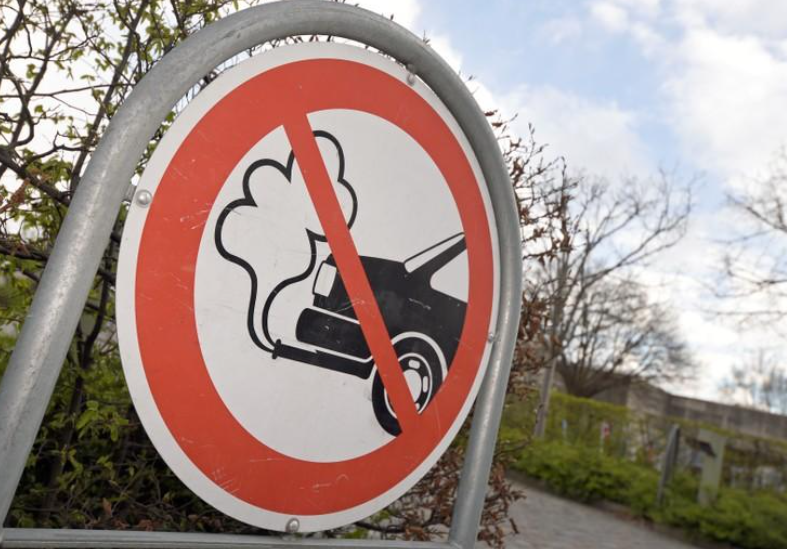Denmark to end fossil fuel tapping


Environmental pressure group Greenpeace says the decision of the Danish government to end oil and gas exploration in the North Sea by 2050 is "a historic turning point" and "a huge victory for the climate."
Denmark is the European Union's largest oil and gas producer, having started production in the North Sea in 1972, and the move follow up a carbon emissions reduction target of 70 percent by the year 2030, with a goal of net-zero emissions by 2050.
"This is hopefully the first step towards a total phasing out of fossil production in the entire North Sea," said Helene Hagel from Greenpeace Denmark.
"There is no doubt that Norway and the United Kingdom, which have even greater oil production in the North Sea than in Denmark, will now be put under extra pressure to also deliver on their international commitments to slow down the climate crisis," she added.
Although Denmark is the EU's leading producer, its output pales in comparison to some of its international neighbors. In 2020, Denmark produced around 83,000 barrels of crude oil and another 21,000 of oil equivalent. For comparative purposes, in 2019 non-EU member states the UK and Norway produced about 1.8m barrels.
Danish climate minister Dan Jorgensen said the country was "putting an end to the fossil era" and said the agreement, which drew support from all sides of the country's Parliament, put the country on a "new, green course for the North Sea" which would be of international benefit.
The decision means the next round of international tender process for companies seeking access to Denmark's areas of the North Sea will not happen, and the terms on which existing companies can operate in the region will be altered.
Next weekend British Prime Minister Boris Johnson is co-hosting a virtual summit of world leaders addressing climate change, and Ken Penton, a UK climate campaigner for international NGO Global Witness, said the way for him to prove the seriousness of his intentions was to emulate Denmark's example.
"If the UK is to be a real global climate leader, it must follow Denmark's lead by stopping issuing new oil and gas exploration licences and delivering a managed phase-out of oil and gas extraction," he said.
When Denmark's current government came to power in June 2019, Prime Minister Mette Frederiksen called it "the first climate election", although it has since been criticized for not living up to its environmental claims.
The latest move, and the recently-announced intention to put at least 775,000 electric or hybrid cars on the country's roads by 2030, would seem to have answered those critics.
Currently there are around 2.5 million cars on the road in Denmark, but only around 20,000 of them are electric, but new measures will see vehicles taxed not on the distances they travel, but on their emissions.
"The average electric car will be significantly cheaper in the coming years," said Tax Minister Morten Boedskov.































